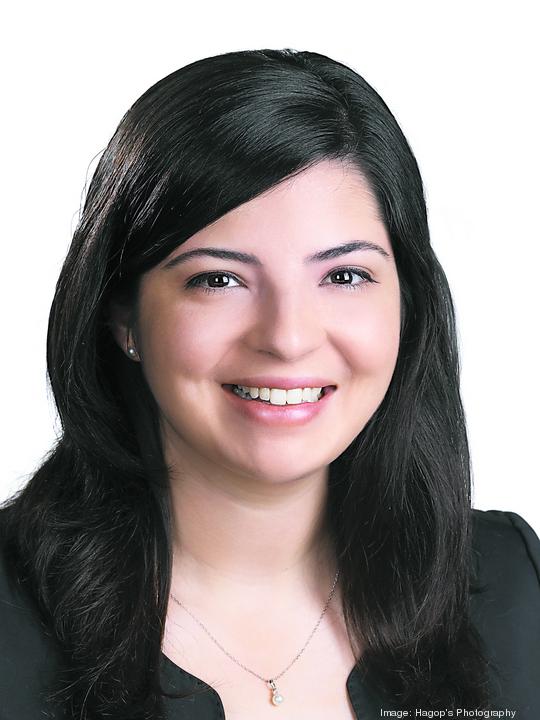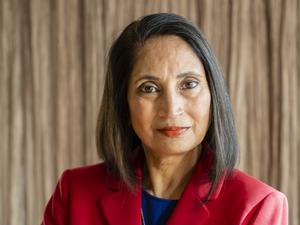
Venture capitalists have invested 10% less into Bay Area female-founded startups in the first half of 2022 compared with the same period last year, according to new data from PitchBook.
But that overall picture is different when you compare the region's two markets. In the San Jose metro area, venture investments for startups founded by women in the first two quarters of this year totaled $1.37 billon — a 65% increase the half-year mark of 2021. In San Francisco, funding dropped more than 21%, going from $7.9 billion in 2021 to $6.2 billion so far in 2022.
Yet even with that drop, the San Francisco metro area — which includes Oakland and Fremont — remains the No. 1 market in the nation when it comes to money going to female-funded startups. San Jose ranked No. 5 among specific metro areas.
Digging deeper into the PitchBook data, one disparity becomes quickly apparent. Startups that have only female founders — with no male founders — saw significantly less funding than startups with mixed-gender founding teams.
Nationally, only 2% of VC dollars were invested in startups with an all-female founding team while 15% went to those companies that had both women and men as founders. In terms of the number of deals made, 6.9% went in women-founded startups while 18.2% went to mixed-gender companies. (Comparable local numbers were not available.)
"This suggests a disappointing reality that, in order to be taken seriously, woman founders need an 'endorsement,' so-to-speak, from a male co-founder. I've lived this," said Amira Barkal, the principal cofounder and interim CEO of Pheast Therapeutics Inc. The two-year old Palo Alto startup raised a $76 Series A round in April.

Barkal said that her one-on-one conversations went differently depending on if she was alone or with her male co-founders, even though she was presenting the same pitch deck. "I think this reality is changing as the composition of entrepreneurs, investors, and scientists is becoming more gender diverse, but changing too slowly for the magnitude of ground we as an industry need to cover," said Barkal, who the Business Journal named a Woman of Influence in 2022.
Maya Ackerman, a professor of computer science and engineering at Santa Clara University, who has been studying venture investing to women-founded startups, said another factor to consider with mixed-gender teams is whether the CEO is a man or a woman. "Mixed-gender teams raise a lot less when they are led by female CEOs," she said.
Ackerman described the "gender discrimination" in venture backing as continuing unimpeded. "We need coordinated efforts by key players in the venture space, and clear understanding of the data, in order to start seeing real differences," she said.
One more factor to consider, Ackerman said, is what's happening with the economy: "When the economy is (volatile), investments in minorities take a harder hit than investments in everyone else, which makes me worry about how women and minorities will fare in the rest of 2022."








